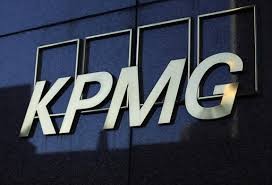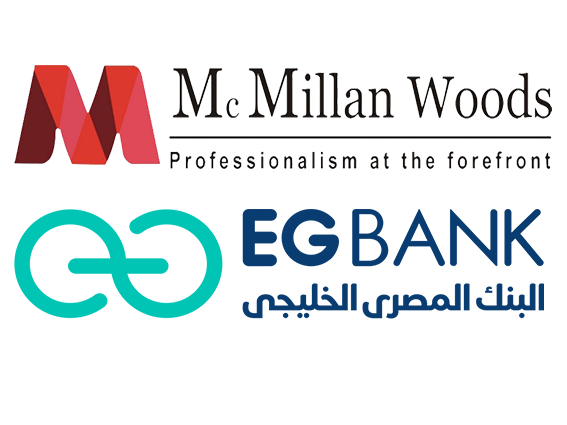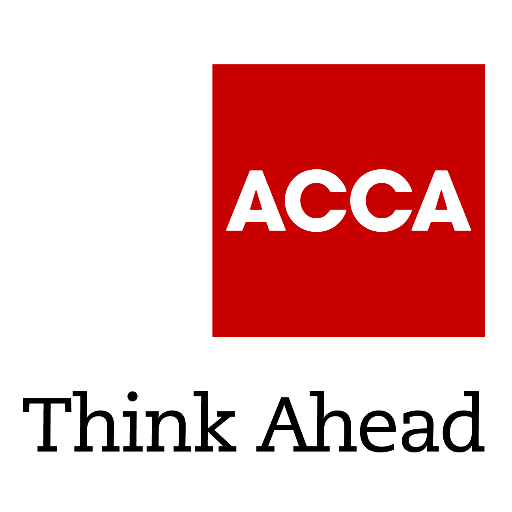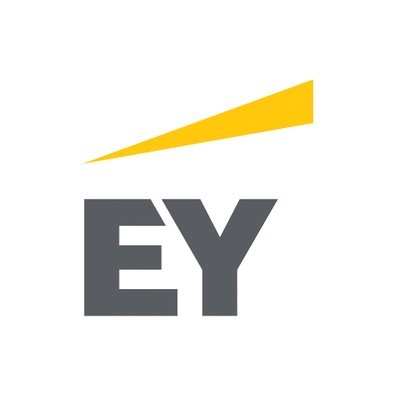Big Banks Enter Blockchain: What Does It Mean?

Big Banks Enter Blockchain: What Does It Mean?
Blockchain was once a niche technology known only to a few, but today it’s grown to become an astonishing innovation that’s recognized around the world for its business potential. Though accountants once had to pay little attention to blockchain, they now must dedicate sizable portions of their time and attention to learning about it, especially now that big banks are finally beginning to realize the potential of harnessing the power of blockchain-based solutions themselves.
Here's what the rise of big banks on the blockchain scene may mean for accountants around the country, and how blockchain is expected to keep changing in the next few years.
Banks are finally noticing blockchain
Blockchain, a decentralized ledger technology that’s currently fueling the rapid rise of cryptocurrencies like Bitcoin, was once entirely ignored by big banks, and indeed by most of the financial and tech world. Over the past few years, however, blockchain has been thrown into the public spotlight, and banks are finally noticing it. Deloitte’s predictions have the blockchain market continuing to swell in size over the next few years, too, so we can likely expect this trend of blockchain becoming more mainstream to continue for some time.
What does that mean for accountants? First and foremost, it means the monopoly they and a handful of tech gurus enjoyed over blockchain solutions is about to come to an end. The financial world will be utterly rocked by the widespread adoption of blockchain technologies, and savvy accountants who don’t want to find themselves getting left behind need to start adapting if they want to remain viable in the market for long. This is because blockchain, like virtually all new technologies, will help automate existing processes that are currently dominated by human employees.
Essentially, the digital nature of blockchain is going to take many existing processes in the financial world and supercharge them. Settlement periods will be drastically shortened, and banks will find it easier and easier to communicate and make deals with one another over digitally encrypted channels. If accountants want to remain attractive to potential clients, be they banks or individuals, they’ll need to keep up with this rapid digitization trend that’s already begun to take hold in the market.
Consider all of the ways that big banks are already using blockchain-based business solutions every day, and you’ll see how imperative it is for financial professionals to get moving as it pertains to educating themselves about these new technologies. Identity verification, long-term financial management, and the widespread rise of disparate cryptocurrencies are all going to buffet the accounting industry and financial world with serious changes.
Accountants need not be left behind
Luckily, smart accountants don’t need to be left behind as the market churns forward into its next tech-based chapter. Blockchain, like virtually all disruptive technologies that came before it, shouldn’t be feared by accountants but rather seen as a tool that can help them do more with less. Blockchain offers too many tantalizing perks to ignore; the incorruptible, near-instantaneous nature of blockchain processes make it too alluring for big banks to pass up on.
Accountants who are concerned about blockchain technology should start studying up on tech transparency articles and accounting research projects. After all, new technologies always pose a certain risk, and those accountants who know how to use these innovations properly to boost transparency in the financial world will see the best results from using blockchain. Regulatory reporting and communicating with other companies, banks, or financial institutions will all soon be revolutionized by encrypted blockchain technology, too. More than anything else, accountants need to remain flexible and capable of rapidly learning about new innovations if they really want to stay on top of tech like blockchain.
Shared data platforms are only going to get more and more popular in the immediate future, since big data has essentially become the driving force of today’s international market. As long as blockchain-like technologies thrive off of encrypting and decentralizing information to a broad mass of people or companies, they’ll be incredibly enticing to big banks who are looking to cut back on cost in the 21st century’s harsh business environment. Financial reporting will be completely different in but a few years, if only because these banks could save untold millions by switching to blockchain-based services.
As investment bankers continue to get drawn into the many benefits of blockchain that pertain to the banking industry, expect more major banks to start rolling out blockchain services of their own. Cryptocurrencies, too, will become the norm on Wall Street, though big bankers once turned their noses up at the mere mention of Bitcoin. Accountants hoping to duck their heads in the sand and avoid the blockchain avalanche are kidding themselves – like it or not, blockchain is here to shake up the accounting and banking industries.










